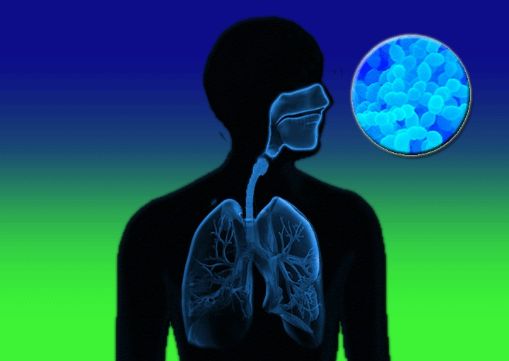Streptococci – major residents in the oral cavity and pharynxes
We are particularly interested in streptococci, one of the most prevalent group of bacteria in the oral cavity, also found in the naso- and oro- pharynxes. This group is characterized by commensal microorganisms, as well as those with pathogenic potential leading to diseases in the oral cavity, and infections in the respiratory tract and other body sites. We investigate communication systems used by streptococci to orchestrate group behaviour (project I), and study the potential of commensal streptococci to protect against infections caused by closely related pathogens, in particular Streptococcus pneumoniae (project II).
Antibiotics and Antimicrobial Resistance
The potential of single microbes to suppress pathogens and promote a balanced relationship with the host can only be fully appreciated in light of microbiome and host-microbe interactions. This is particularly true for the most common respiratory infections, often caused by S. pneumoniae, Haemophilus influenzae and Staphylococcus aureus. They are members of the normal microbiome of the oral cavity and the pharynxes, but can proliferate and cause disease under conditions promoting dysbiosis or in immunocompromised patients. Microbial colonization patterns during infancy, which is a critical period in immune development, seem to be key to respiratory health later in life. Such patterns can be influenced by environmental factors, with antibiotics representing one of the most critical elements. In addition to affect the microbiome, antibiotics can cause resistance. Both misuse and overuse of antibiotics have led to an increase in resistance, one of the most important/critical threats to humanity.
Our research goal
In our research we are investigating the impact of antibiotics on the development of the oral and upper respiratory microbiomes and resistomes early in life. We particularly focus on premature infants (project III), and patients exposed to long-term antibiotic treatment (project IV). Our final goal is to develop strategies that promote a healthy microbiome and reduce the development of antimicrobial resistance.
Young Researchers Promote International Collaboration
PhD students and postdocs are in the core of the projects. From the first days, they are encouraged to convey their research to both the scientific community and society in general, and are given the opportunity to participate in dissemination and exchange activities that can help them in future career paths. Their research is anchored in educational related activities that foster interactions with students, and promote participation in international collaborations. Our work in this field is currently supported by the INTPART program funded by the Research Council of Norway and the Norwegian Agency for International Cooperation and Quality Enhancement in Higher Education (DIKU) (project V).
